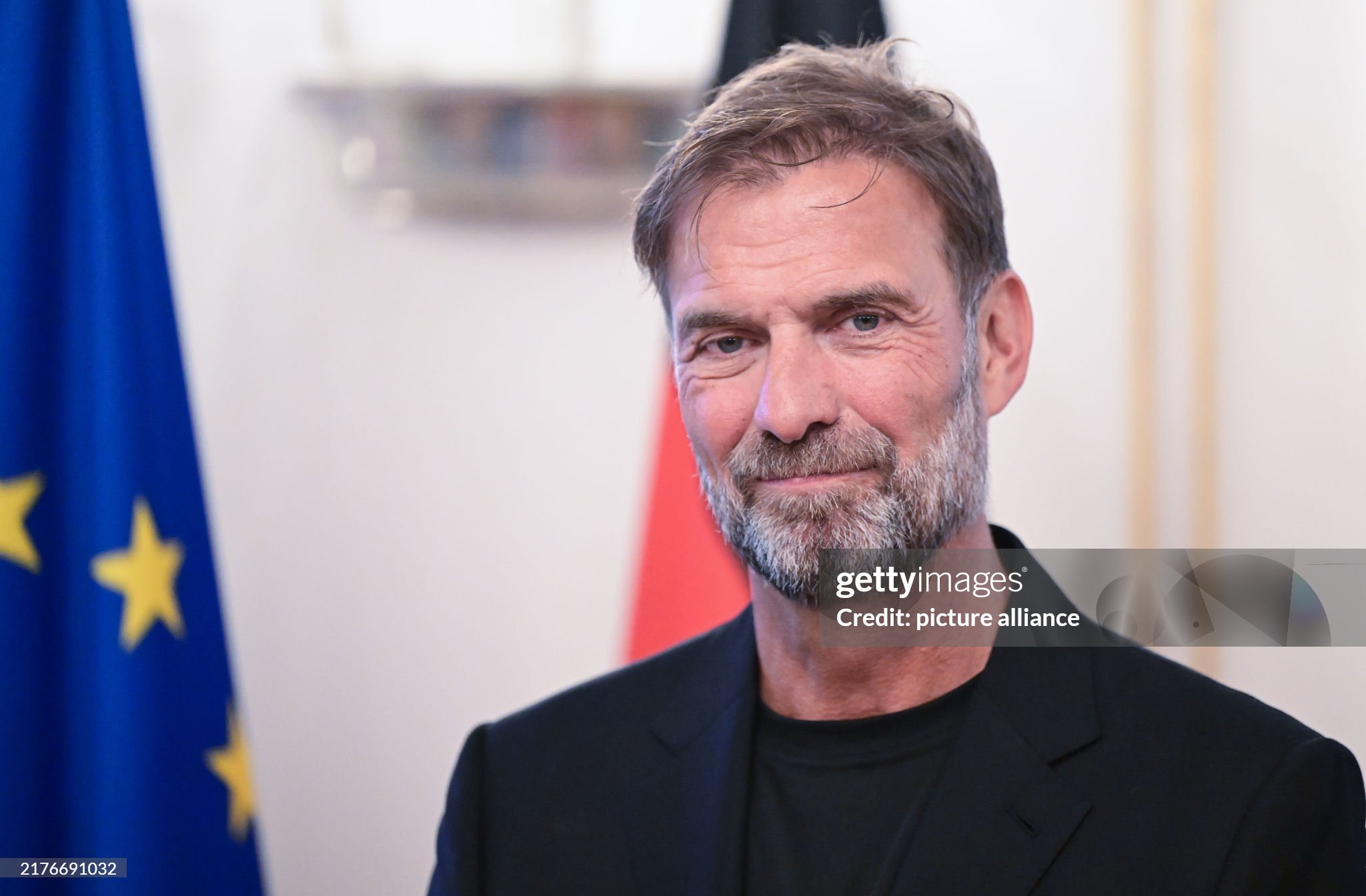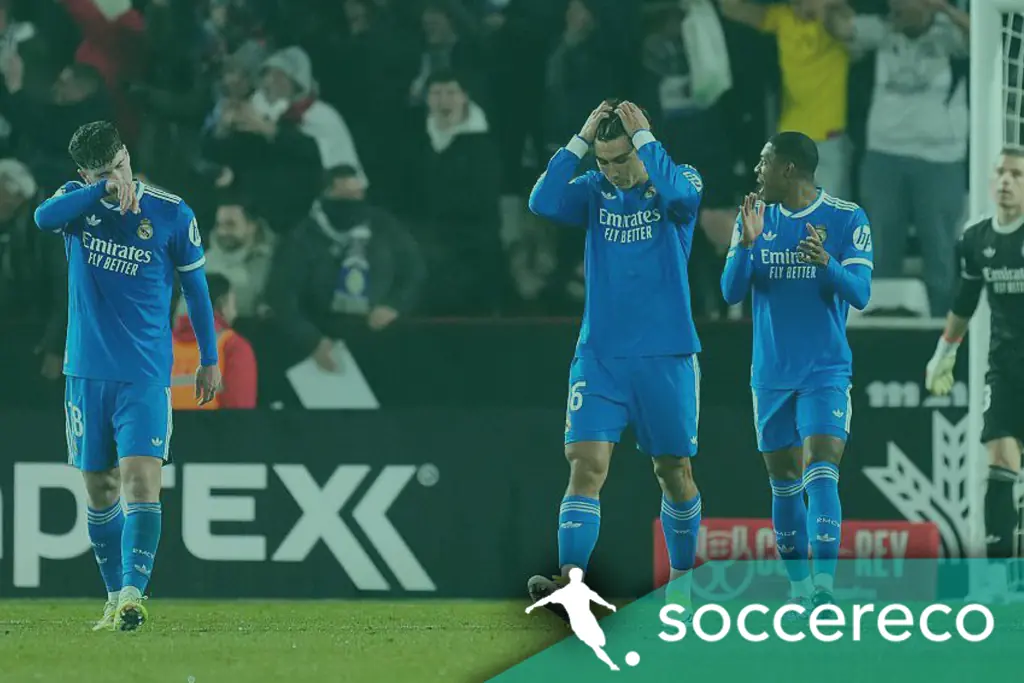Jürgen Klopp’s decision to become the global football director for Red Bull starting in 2025 has stirred controversy in Germany. Once celebrated for his down-to-earth image and footballing principles, Klopp is now facing criticism from the press and fans who feel he has compromised his values by joining a corporation known for its commercial approach to football.

Jürgen Klopp’s decision to take on the role of global football director for Red Bull from 2025 has sparked intense debate and criticism, particularly in his homeland of Germany.
The move marks a significant shift in his career, after having built a legacy as one of football's most charismatic and principled managers, notably during his tenure at Liverpool, which he left at the end of the 2023/24 season to take a much-needed break.
While Klopp has long been admired for his down-to-earth persona and his "football for the people" philosophy, this latest career move has led to widespread disappointment among fans and media alike in Germany. The Red Bull football empire, which includes clubs like RB Leipzig, Red Bull Salzburg, and New York Red Bull, has long been controversial due to its corporate influence and ownership model, seen by many as a commercialization of the sport.
One of the most prominent criticisms came from Der Spiegel, a leading German publication. The outlet highlighted the stark contrast between Klopp’s early image as “The Normal One,” which earned him praise for his humble demeanor, and the perception that he now follows the same commercial motivations he once distanced himself from. “Many believe he has adopted what is common in this industry: following the money. This news has caused great discomfort among fans,” Der Spiegel wrote, encapsulating the disappointment felt by many who had previously viewed Klopp as a symbol of integrity in football.
The backlash has also taken a personal tone. Journalist Gunter Klein from Münchner Merkur launched a stinging attack, questioning Klopp’s authenticity. “Klopp is as fake as his dentures,” Klein said, referring to the manager’s famous smile. Klein pointed out what he sees as hypocrisy, noting that Klopp has often aligned himself with left-wing values, but is now joining a corporation that, in his view, “has significantly contributed to the rise of the right.” Red Bull’s association with aggressive marketing and global commercial power contrasts sharply with the image of Klopp as a figure who has previously advocated for community and tradition in football.
Online news platform t-online.de also delivered a harsh critique, claiming that Klopp has “lost his innocent image” with this decision. “It goes against what he stands for. To many, it seems that Klopp made a pact with the devil, instantly tearing down his own monument.” The publication went on to say that his reputation as a charismatic football icon has been "seriously damaged" and that many fans now question whether Klopp truly loves the game as much as he has always claimed. For those who have long followed his career, this move seems like a betrayal of the values he championed throughout his managerial life, particularly his insistence that football should remain rooted in the local communities that support it.
This reaction highlights the broader tension in football between traditional values and the sport’s increasing commercialization. Klopp, who spent years at Borussia Dortmund and Liverpool building teams with passionate fan bases and a strong sense of community identity, now finds himself associated with Red Bull, a corporation that has been accused of prioritizing business interests over the soul of the sport.
The negative response in Germany stems not just from the fact that Red Bull is viewed with suspicion, but from the idea that someone like Klopp, who many believed was above such commercialism, has aligned himself with it. This decision has led to widespread debate over whether his motivations are purely financial, and if this could mark a shift in his personal philosophy. For many, Klopp’s association with Red Bull threatens to undermine his legacy as a manager who brought a human touch to the modern, corporate-driven world of football.
Klopp’s new role is expected to involve overseeing Red Bull’s vast football operations, including their teams in Germany, Austria, Brazil, and the United States. While the precise nature of his responsibilities has yet to be fully outlined, it is clear that his influence will stretch across multiple continents and leagues, raising questions about how he will reconcile his new position with the values he once espoused.
Despite the controversy, there are some who believe that Klopp’s involvement with Red Bull could help reshape the organization in a more positive direction. His experience and reputation could provide a counterbalance to some of the more corporate-driven aspects of Red Bull’s operations. However, whether this will be enough to repair the damage to his reputation, particularly in Germany, remains to be seen.
As Klopp prepares for this next chapter in his career, the football world will be watching closely to see how this decision plays out and whether the man who once symbolized a purer form of football can adapt to the corporate side of the game without losing the essence of what made him so beloved in the first place.
Updated: 03:10, 10 Oct 2024








